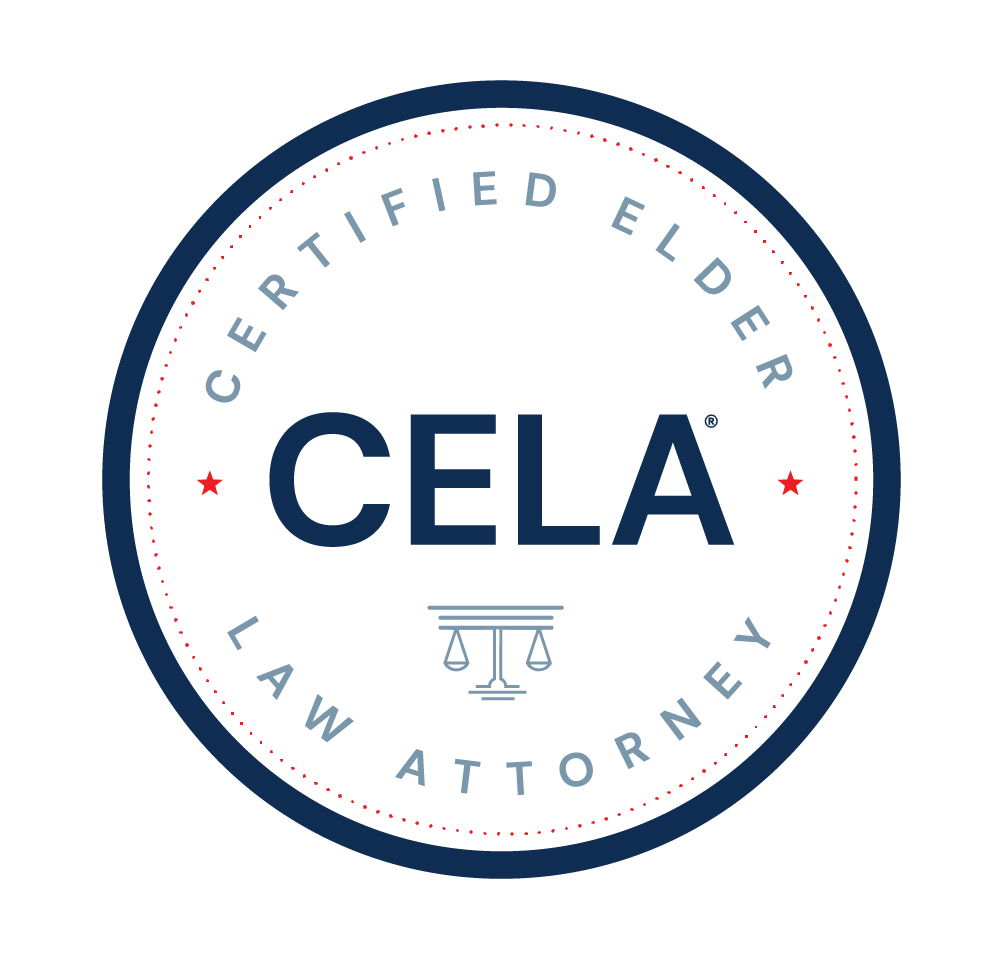Pennsylvania Act 42 Jeopardizes Financial Security of Low Income Seniors in Pennsylvania
If you are the spouse of a nursing home resident currently privately paying for care or a married recipient of home and community based services, you need to contact our office to review your planning in light of changes in the law this summer.
Act 42, which was signed by the Governor on July 7, 2005, amends the Public Welfare Laws of this Commonwealth and significantly impacts payments for nursing home care and home and community based services. Medical Assistance, a jointly funded federal and state program, is by default a primary source of payment for long term care services in Pennsylvania and nationally. Clearly, this is a strain on both federal and state budgets. Unfortunately, the solutions Pennsylvania’s legislators are focusing on place many of our most vulnerable citizens at risk of financial devastation. It is questionable whether the projected savings from Act 42 take into account the additional costs associated with administering the changes or with shifting individuals from home and community based care into the nursing home setting or into other programs that are totally state funded. With the inevitable growth in the aging population, we need to look at how long term care is financed. We need solutions that provide quality care, make available alternatives to nursing home care and protect the financial security of community spouses. We need our legislators to look at not only budgetary savings, but also the impact of legislation on affected populations. These decisions are too important to be made in the early morning hours as part of a budget deal without any debate or review of the impact.
Act 42 targets primarily low income spouses and will have serious negative consequences for many seniors in Pennsylvania. It contains many changes, the most problematic of which are the following:
1. Section 441.7 amends the rules allowing additional resources to be protected for community spouses who have income below the monthly maintenance needs allowance. This affects community spouses who have income below the minimum Congress determined to be necessary for independence in the community. The changes outlined in this section put extremely burdensome procedural requirements on community spouses and require the purchase of an immediate annuity with the Department of Public Welfare named as beneficiary. The problems with this section are significant and include:
- Administrative difficulties for County Assistance Offices resulting in significant delays in the processing of applications;
- Nursing home billing office personnel will not be qualified to evaluate eligibility for benefits when there is a community spouse. As a result applications will not be timely filed and community spouse resources will be depleted paying for care;
- Community spouses unable to meet the burden of proof required by the Department of Public Welfare will be left without monthly income needed to meet living expenses;
- In cases where the burden is met by community spouses, future changes such as pension company insolvencies could result in community spouses being left without sufficient income to provide for their basic monthly needs;
- Encourages abuses by annuity salespersons targeting seniors with fraudulent representations of annuity contracts. The abusive nature of the annuity sales industry has been recognized by the Pennsylvania Attorney General’s Office and has resulted in a civil action lawsuit that is currently pending;
- Principal of community spouses will be tied up in immediate annuities and will not be available for assisted living, home care, or other care needs of the community spouse; and
- This section targets only low income community spouses and puts them at risk of financial devastation.
2. Section 441.8 amends the rules for determining eligibility for home and community based services, specifically by requiring that the spousal impoverishment rules apply. This will be implemented retroactively and many individuals currently receiving home and community based services will have those services terminated. Home and community based services under the Medical Assistance program provide services a few hours a day for three to five days a week. It does not provide 24 hour care. Family members must be the primary caregivers and be willing and able to either provide the remaining care themselves or pay for supplemental caregivers. Act 42 will make it much more difficult for individuals to qualify for home and community based services and as a result will discourage applications. An inevitable result will be more individuals requiring nursing home care. This is directly contrary to longstanding policy to encourage home and community based services. Further, any cost savings are questionable given the costs of implementing this section and the fact that many seniors will be diverted to other programs such as Options that are totally Pennsylvania funded. All of the problems outlined above in paragraph 1 above apply to this section as well. In addition, the following are serious issues of concern:
- Resources that currently would be available for community spouses to apply towards supplemental care will now either be spent down or will be applied to an immediate annuity. Principal in an immediate annuity will not be available to provide for care in the home or an assisted living setting;
- County Offices of Aging will need to make new arrangements for current recipients of home and community based services who will no longer qualify for the services. Many of these individuals will be diverted to programs that are totally state funded;
- The application process will be long and complicated and as a result services will not be able to start quickly enough. Individuals will end up in nursing homes as the only option to receive immediate care; and
- With an anticipated implementation date of October 1, 2005, there has not been adequate time to train the County Assistance caseworkers or the County Office of Aging personnel on this complicated new legislation. Nor has there been time to study the impact so that problems can be identified and addressed before individuals are harmed.
Implementation of these sections of Act 42 should be delayed for one year to allow time for formal rulemaking to take place. This process would require public debate and review of the impact of these changes. It would allow time for the questionable cost savings to be analyzed and would require that safeguards be put in place for those harmed by this legislation. Our representatives are failing to do their jobs if they fail to protect low income seniors who are some of our most vulnerable citizens. Contact your representatives now and ask them to amend Act 42 to delay implementation and require formal rulemaking.











